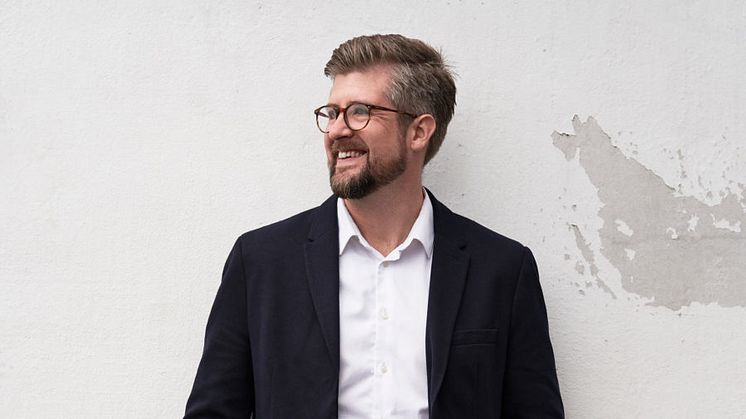
Blog post -
Cooperation is a key success factor
As customers and consumers develop new needs and change their behavior, we need to find new ways of working. Collaboration internally and with companies offering new solutions will be crucial.
Our driving force, new needs, new laws and regulations, but also changing consumer behaviors are driving the move towards environmentally oriented choices and circular models. Already, start-ups are coming up with new business models and, often, digital solutions, enabling increased circularity in our customer segments.
The market is changing rapidly and it is not obvious that multi-use is better than single-use products. It is likely that they will complement each other in terms of material requirements and practical conditions to ensure circularity.
“We believe that in the future it is not about either or – but both”, says Johan Mårtensson, Business Development & Innovation Manager. “When the goal is to deliver the most environmentally smart system, different solutions are needed for different situations. Then it is no longer just about the product or the materials. The key will be interaction between product and system to deliver a complete solution that simplifies for the end customer”.
Increasingly, suppliers to the HoReCa segment need to create total offerings that add value to the customer, from purchase to use and finally, end-of-life solutions. We must be open to new ideas.
Major investment in excellence
In order to become the industry’s sustainability leader, with eco-smart products and services that solve our customers’ needs, we need to forge more partnerships with other stakeholders and drive more co-creation. That is why we are now focusing even more on building our innovation capabilities. Within this framework, we see three focus areas: ”in-house exploration hub”, ”new venture hub” and ”innovation readiness”.
“Our internal ‘exploration hub’ will identify, test and validate various solutions that are outside the core business, but still targeting the HoReCa+ segment. This could be circular business models or new solutions to hygiene challenges,” Johan explains.
Together we achieve our goals
Becoming a leading and competitive circularly sustainable company in 2030 will require new partnerships in the value chain. Our ”new venture hub” creates conditions for collaborations, strategic alliances and investments in start-up companies with interesting technologies and new – often digital – solutions and business models. This fits perfectly into the UN SDG 17, “Partnerships for the goals”.
“The idea is not for the innovation department to come up with all the ideas,” says Johan. “Instead we will develop knowledge and skills to create a culture of innovation where the most happens out in the regions. Then much of the development is done closer to the customers and with greater insight into local needs”.
New exciting collaborations
Already in 2021, we initiated new strategic partnerships to drive sustainable development by collaborating with three exciting startups. We signed a cooperation agreement with the Swedish company &Repeat, which has a digital platform for circular disposable products, and invested in the German company Relevo and the Spanish company Bûmerang, both of which are working on solutions for the reuse of take-away packaging.
”It may seem strange that Duni Group, with its long history in single-use, is now also focusing on multi-use items,” says Johan. “But the truth is that we do not see a circular reality in black and white. We believe it will take a mix of disposables and reusables, perhaps in combination with other alternatives, to offer customers the most environmentally friendly solutions in the near future”.
